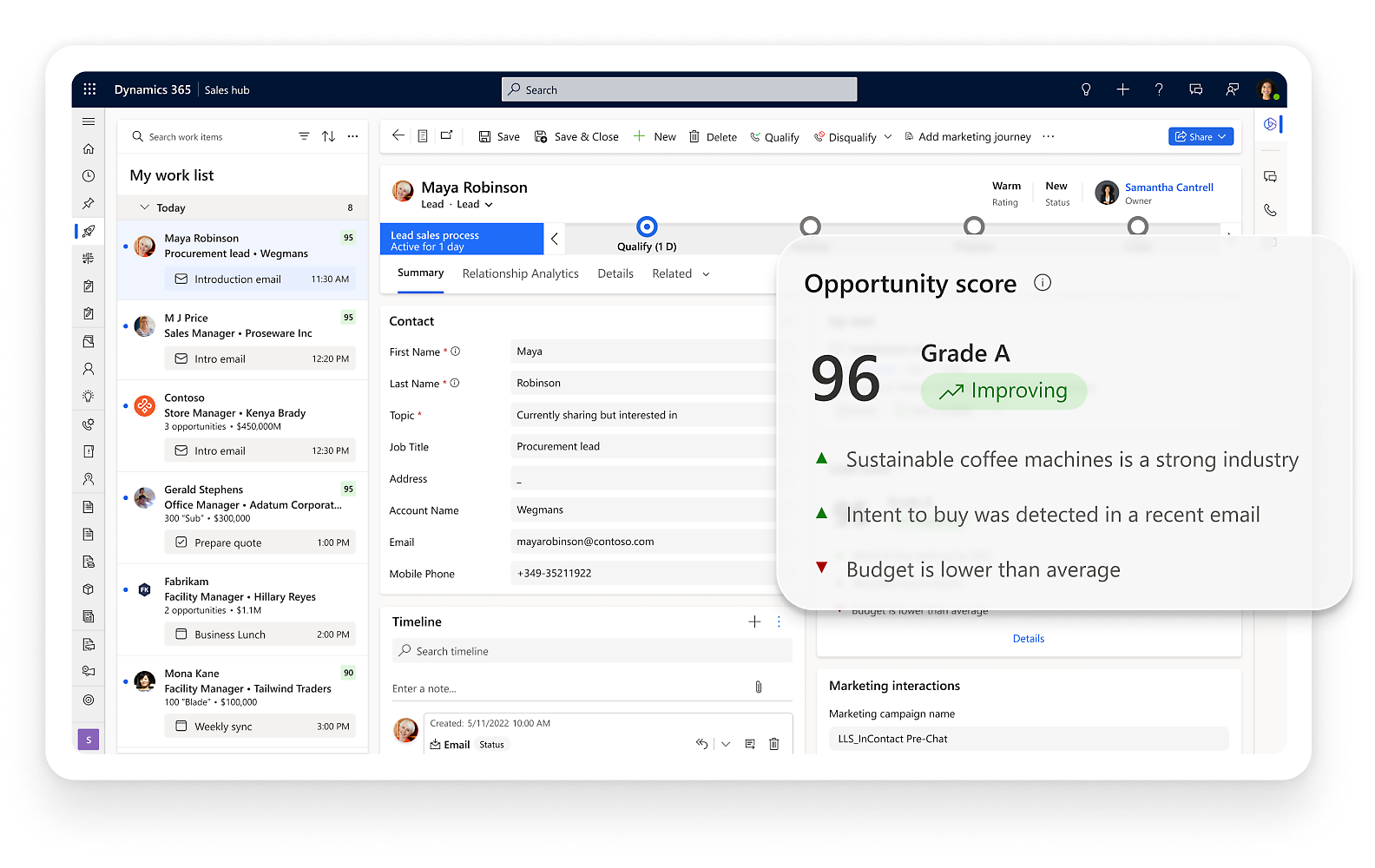So, your team is using  Microsoft 365 (previously known as Office 365) and you’re looking to upgrade by exploring CRM’s! Exciting times! And also wildly confusing ones. Do we go with this one or that one, oh my goodness how much do they cost, can it do this that and the other thing, will this work with what I already have? The questions are almost endless. And also totally valid. If you’re already using things like Microsoft’s Outlook, OneDrive, SharePoint, etc., then you’ve come to the right place.
Microsoft 365 (previously known as Office 365) and you’re looking to upgrade by exploring CRM’s! Exciting times! And also wildly confusing ones. Do we go with this one or that one, oh my goodness how much do they cost, can it do this that and the other thing, will this work with what I already have? The questions are almost endless. And also totally valid. If you’re already using things like Microsoft’s Outlook, OneDrive, SharePoint, etc., then you’ve come to the right place.

Book Your Appointment ➥

Okay we’ll just get this out of the way from the get go: you can build some wonderful tools within the Microsoft 365 suite of tools. To the point that you can almost build a CRM (Customer Relationship Management) system in it. Limited, sure, and with a shelf life, but you can do it. But don’t, if you can help it. It’s tough to justify building something that’s already been built in a real CRM.
Now, if your team is committed to (or “stuck” with) the Microsoft ecosystem, think Microsoft 365 or Office 365, then Dynamics 365 Sales is a natural choice for a CRM. And if your team feels “stuck” with this ecosystem, we can fix that feeling by making those systems way more to your liking because, boy, they should be a great asset to your team, not a burden. But I digress.
The reason I mention that Dynamics is the way to go is because of one simple aspect: compatibility. A major hang up here is that you’ll need to consider so many needless custom jobbies to make systems talk to each other. It bloats development costs, is a pain to maintain, and just complicates things, usually, more than they need to be. With Microsoft 365 and Dynamics 365, they are built to be compatible. They know each other because they build off of each other. Each multiplies the other’s power and utility.
Same Team Systems are Ideal
Unless you’re looking make a change, the recommended path to stick with is working within the options available to you in the technology stack ecosystem you’re already leveraging (Microsoft, Google, Zoho, Hubspot, or any other endless combinations). It just makes your life easier and will also cost less in the long-term. The good news is that CRM migration is relatively straightforward. Especially with a comprehensive and strategic CRM plan in place. The complexity depends upon how you want to operate, which systems you need integrated, and how much customization you require.
If you’re currently using something like the old Microsoft Office suite, you’ve been unwittingly training yourself and your team to use Microsoft 365. That said, if you’re using the old Office platforms, we highly recommend making the switch to the cloud-based Microsoft 365. It’s low cost, high productivity, easily scalable, cloud-based, and secure. But I digress.
Regardless of whether your team is using the legacy Office suite or the modern Microsoft 365 platform, you’ve gotten accustomed to working within it. This bodes well for you because Microsoft tends to have a similar thought pattern and logic throughout its system design. That’s just a wordy way of saying that if you can use Outlook, you will probably feel right at home within something like Dynamics 365 Sales CRM.
The slick thing about Dynamics and Microsoft 365 is that they have an understanding. This understanding means that tapping into the data housed within either is relatively painless to do. Need to reference a Microsoft List in Dynamics? Easy. How about a few tables from Dynamics in Excel? Done. PowerBI pulling from both? Yessireebob. Keeping things simple is my favorite and thankfully, Microsoft seems to agree.
What is the Best CRM to pair with Microsoft 365?
If you operate, primarily out of Microsoft Office/Microsoft 365, Dynamics truly is your best bet for a CRM for the simple facts that you’ll learn it quickly, the fully-integrated capabilities with your current systems, and the level of customization you can make to the platform to ensure it works exactly as expected for your team. All that works together to increase productivity, efficiency, and scalability that you’ll begin to see translate to the bottom line.



